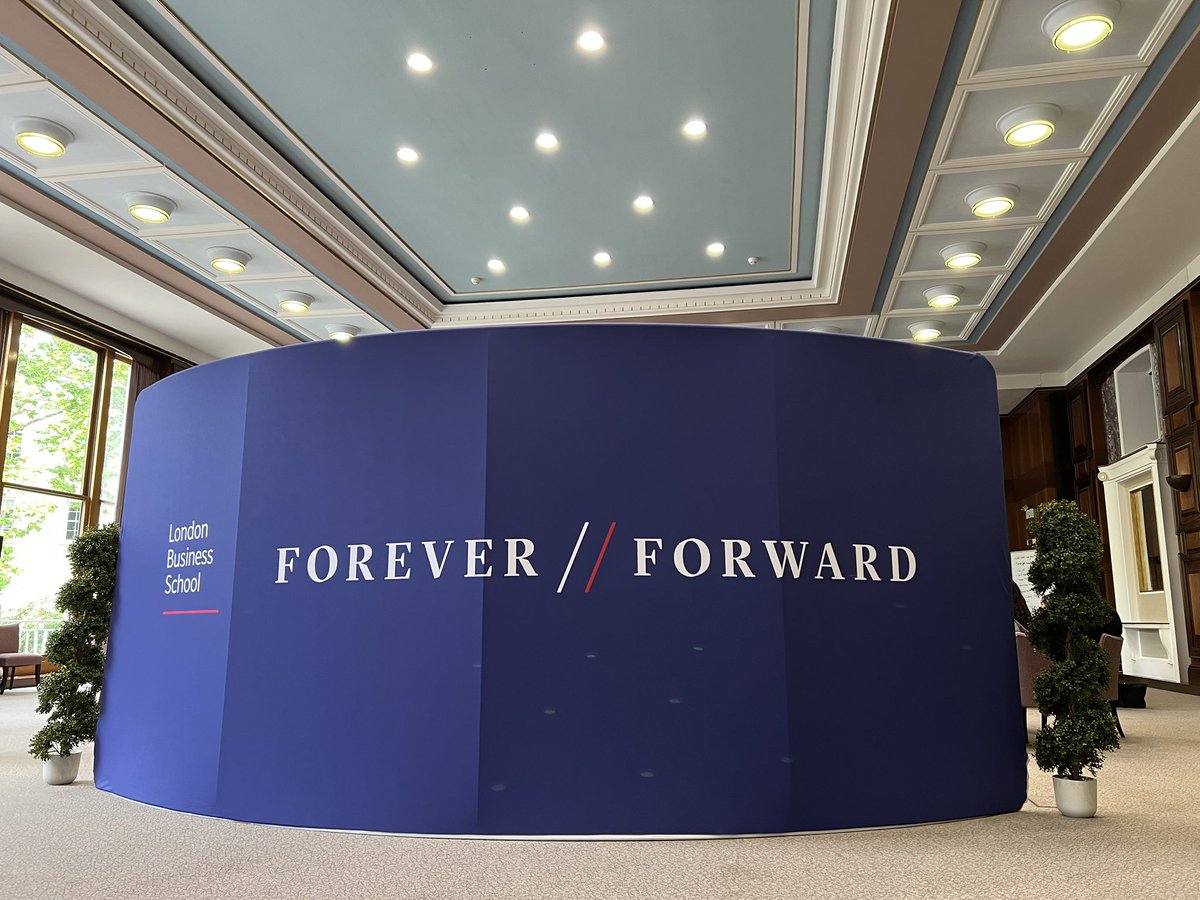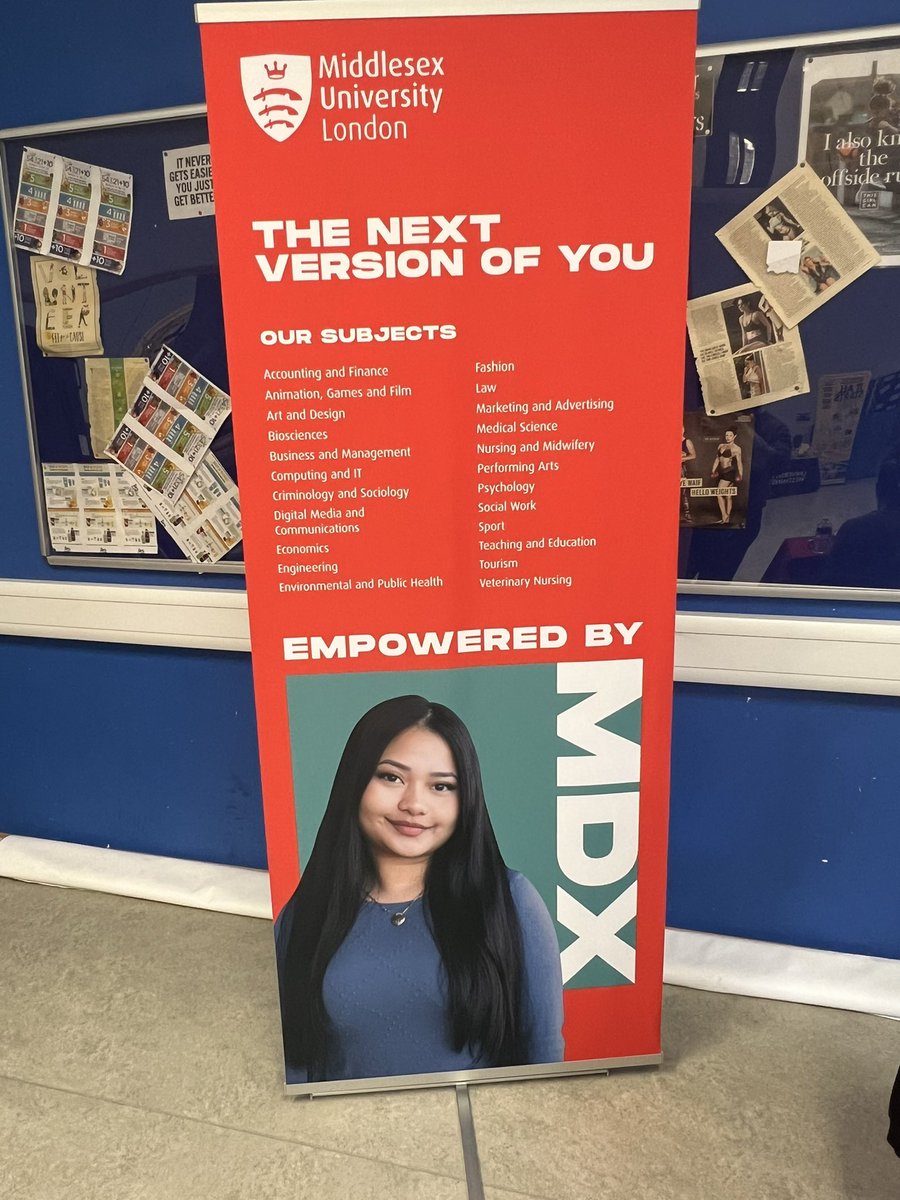Computing
Computing as an academic subject includes the distinct but connecting areas of Computer Science (CS), Information Technology (IT), and Digital Literacy1. While these terms are sometimes used synonymously, each of these strands are different:
- CS – the scientific and practical study of computation: what problems can be solved through computation and how can they be solved?
- IT – understanding how computers and network equipment operates, and how they can be applied successfully to real-life scenarios
- Digital literacy – the ability to navigate digital technology effectively, responsibly, safely, and critically.
1Terminology and definitions based on literature from the Royal Society and Computing at School (CAS)
Principles
We aim to teach pupils both broad and in-depth knowledge across each of the 3 strands of Computing. Given the ever changing aspects of each of these strands, the curriculum will be frequently reviewed and updated to ensure that pupils’ knowledge is current and relevant. Our own subject knowledge must also be continually developed to reflect latest trends.
Computing already plays a large role in all of our pupils’ lives, as it does in all of ours, and the importance of Computing for businesses and the wider economy is undisputed. The subject has strong and fundamental links with other academic disciplines such as mathematics, science, and engineering.
Having the knowledge to understand how aspects of Computing work and the skill to interact with computers safely and effectively will be essential for our pupils now and in the future. Some may feel that the younger generations growing up in a technology-dominant world will ‘pick up’ this up of their own accord, however we feel that this cannot be assumed and that our role is to explicitly teach pupils knowledge about CS and IT, and how they can become more digitally literate. Besides the direct use of Computing in our pupils’ lives, we also feel that strong Computing education can also instil a way of thinking: being able to think logically, analytically, and computationally, as well as with the resilience and creativity that something like programming will develop,will be invaluable in solving all kinds of problems our pupils will face both within our subject and beyond.
Key Stage 3 content
Students work on the main strands of computing: e-safety, algorithms, programming & development, data & data representation, hardware & processing, communication & networks and information technology. They are required to firstly master their computational fluency in these areas so that they can then apply these skills to logical reasoning and problem solving.
They learn about a range of ways to use technology safely and securely, key algorithms that reflect computational thinking, how to use two or more programming languages to solve a variety of computational problems, hardware and software components that make up computer systems and the fundamentals of computer networks.
Key Stage 4 content
Students build on their prior knowledge and develop key problem-solving skills and develop their analytical, evaluative and computational thinking abilities.
For the GCSE in computer science, students study the following topics: fundamentals of algorithms, programming, fundamentals of data representation, computer systems, fundamentals of computer networks, fundamentals of cyber security, ethical, legal and environmental impacts of digital technology on wider society and aspects of software development.
For the OCR Cambridge Nationals in Creative iMedia, students study some of the key appoaches that are used in job roles like directors, graphic designers, and campaign managers. The components of effective graphic design are covered, as are a range of planning documents like wireframes and moodboards. Practical techniques like image editing, app development, and video/audio editing are also taught.
For those who do not pick Computing as a KS4 option, they will still continue to improve in important aspects of the subject through PSHEs lessons on online safety, through use of computers in other subjects (including use of online platforms that consolidate their learning), and through a 'drop down day' in the summer term of Year 10.
Key Stage 5 content
On the A-Level computer science course, students study the following topics:
Fundamentals of programming, data structures, algorithms, the theory of computation and the fundamentals of data representation, computer systems, computer organisation and architecture. The consequences of uses of computing, communication and networking, databases, big data, and functional programming.
On the OCR Cambridge Technical Certificate in IT, students’ study: The fundamentals of IT, global information, data analysis and design, social media and digital marketing and the internet of everything.
Both courses deepen and broaden the application of key problem-solving skills and further develop students' analytical, evaluative and computational thinking abilities.
Extra Curricular
The department offers an after school coding club. At the moment we are covering app development.
Also, in the Autumn term, Year 8 girls can take part in a National Cyber Security Centre (NCSC) CyberFirst Competition.
Exam Specifications
OCR | J277 | GCSE Computer Science
OCR | J834 | Cambridge Nationals in Creative iMedia (Level 1/2)
OCR | H446 | A Level Computer Science
OCR | 05838 | Cambridge Technical Certificate in IT (Level 3)


















